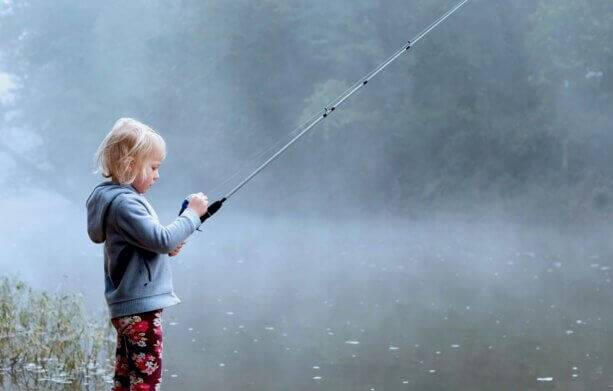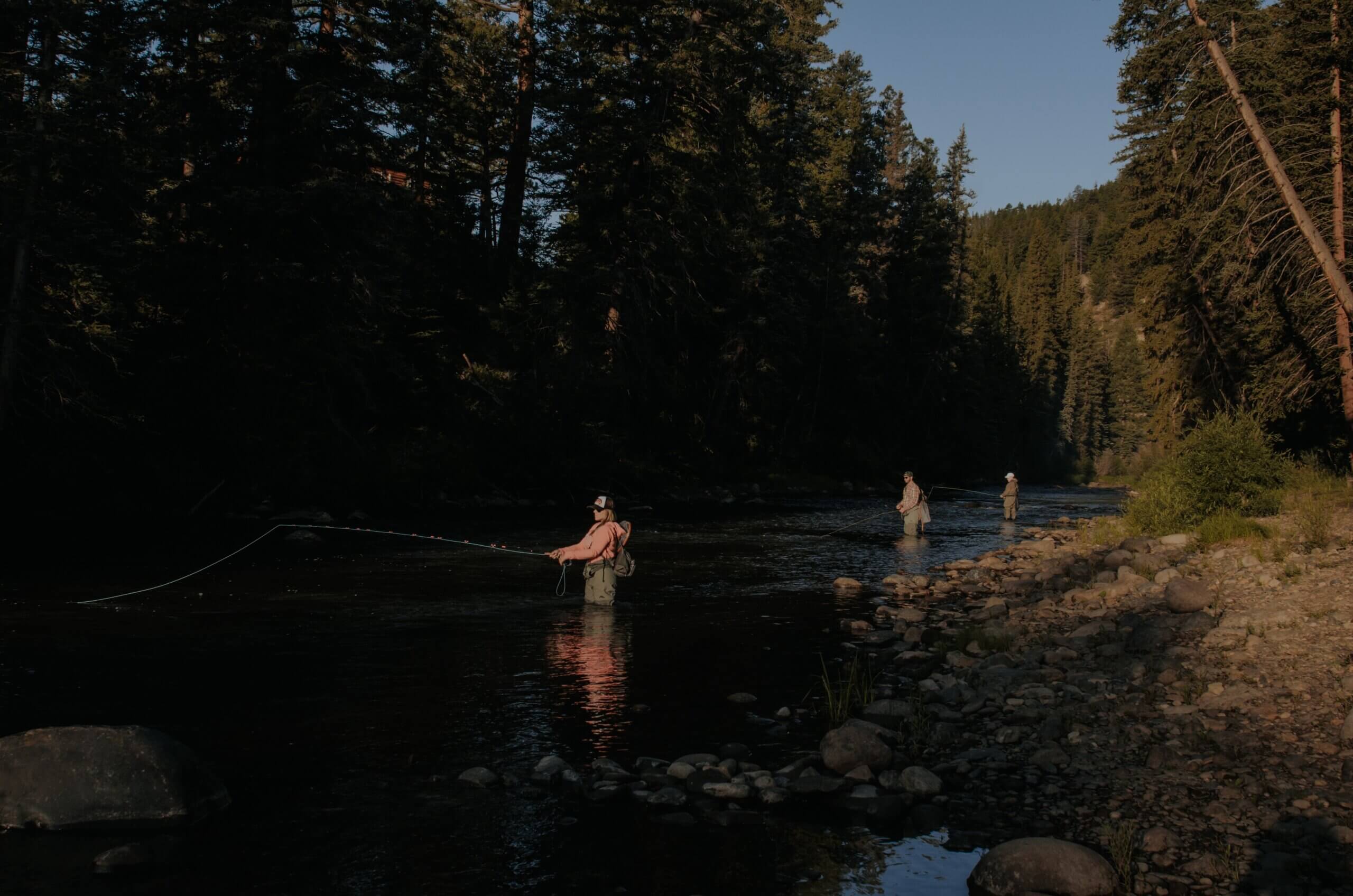
When it comes to fishing in the scenic state of Colorado, there’s a lot more to consider than just picking the perfect spot. Before you cast your line into the pristine waters of the Rocky Mountains, it’s vital to understand Colorado’s licensing requirements. In this guide, we’ll delve into everything you need to know about fishing licenses in Colorado.
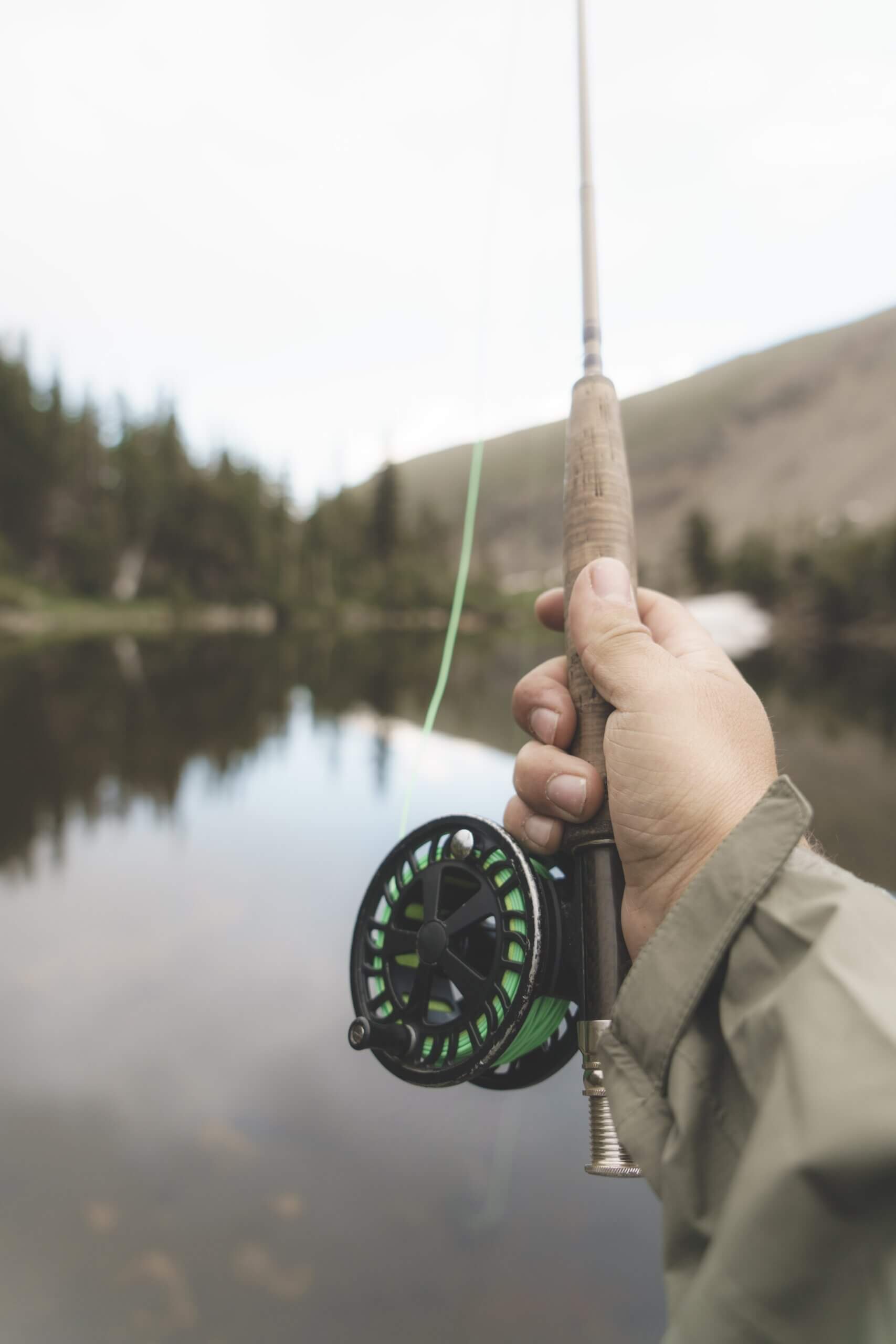
Why Do You Need a Fishing License?
First and foremost, a fishing license helps conserve and protect our natural resources. The funds obtained from the sales of fishing licenses go directly to maintaining healthy fish populations, preserving aquatic habitats, and supporting conservation projects. It ensures that future generations will have the same opportunity to enjoy fishing in Colorado’s rich waters. Not to mention, having a fishing license also shows that you respect the state of Colorado’s regulations and saves you from paying any fines.
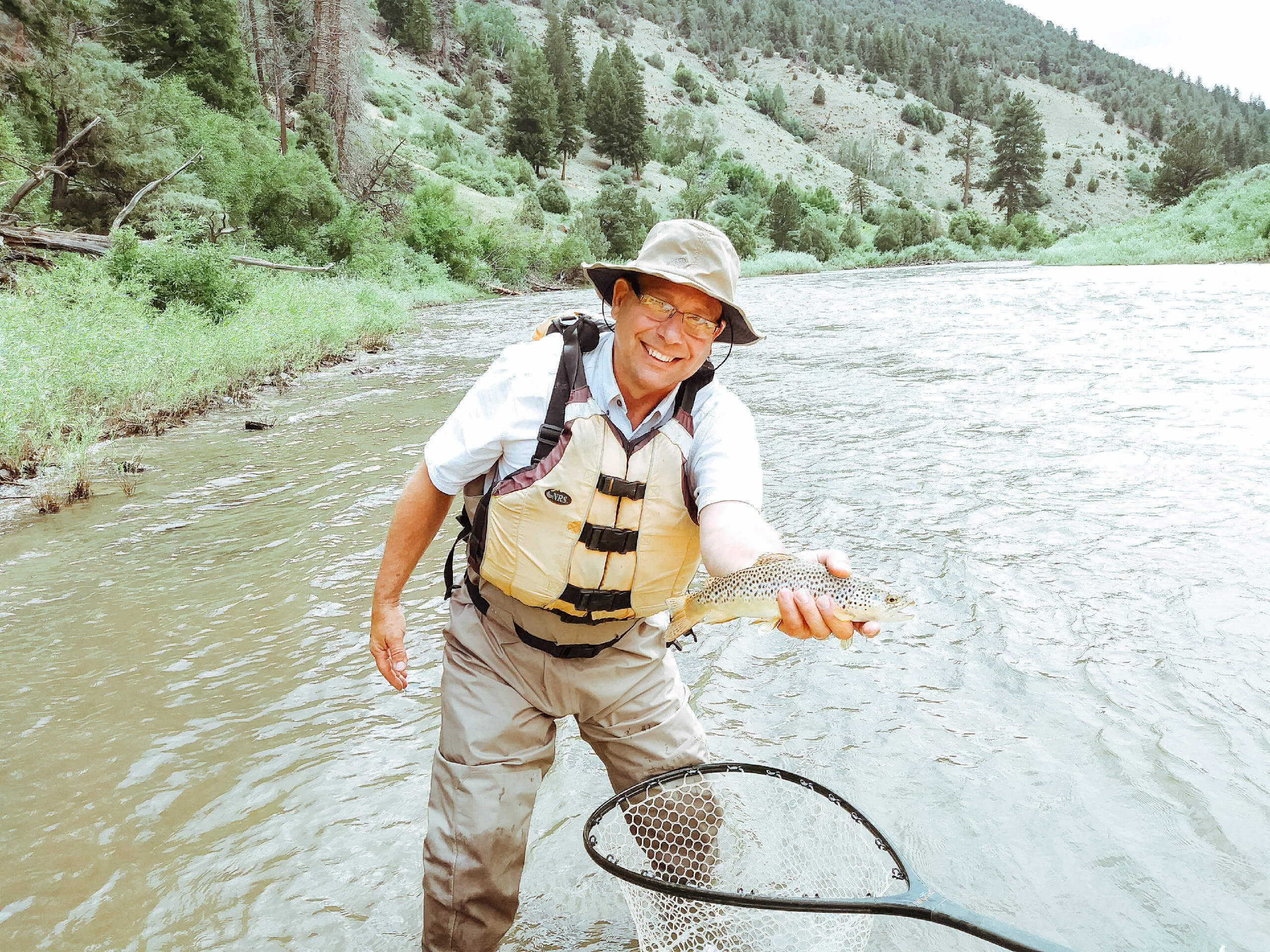
Types of Fishing Licenses in Colorado
Resident and Non-resident Licenses: Colorado differentiates between residents and non-residents when it comes to fishing licenses. If you’ve lived in Colorado for at least six months, you’re eligible for a resident license which generally comes at a lower fee. Non-residents, on the other hand, will pay a higher fee.

Daily vs. Annual Licenses: If you’re just visiting or planning to fish for a few days, you might consider a one-day or additional-day fishing license. For those who fish frequently or intend to fish throughout the year, an annual license will be more cost-effective. Annual fishing licenses are valid for 13 months from March 1st through March 31st of the next year.
Discounted Licenses: Colorado offers discounted licenses for seniors (ages 65 and up) and youths. or those who like to hunt and fish, a combination small game and fishing license is available. Please check the Colorado Parks and Wildlife site for current prices. The state even offers a free fishing weekend in June when anyone can fish without a license.
How to Purchase a License
Online: The easiest way for many is to purchase their fishing license online through the Colorado Parks & Wildlife website. Once purchased, you can print your license immediately.
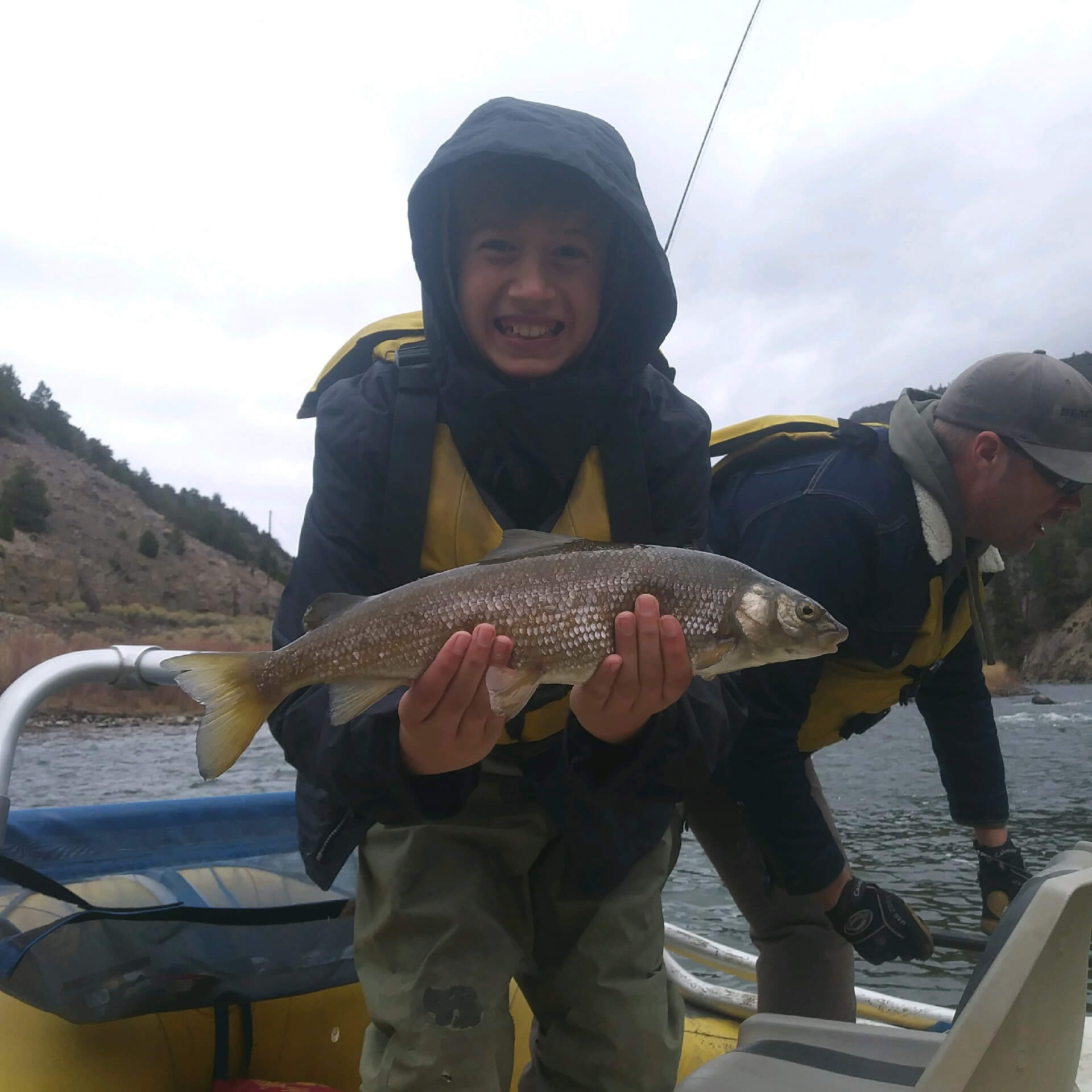
In-person: For those who prefer the traditional method or need assistance, licenses can be purchased at any Colorado Parks & Wildlife office or from authorized retailers.
Phone: A fishing license can also be procured by calling 1-800-244-5613 for the Colorado Parks & Wildlife Department.
Remember, once you have your license, you should always carry it with you when fishing. Electronic copies on a mobile device are typically accepted, but it’s good practice to keep a physical copy as backup.
Understanding Fishing Regulations
Just because you may have a fishing license does not mean you may fish however or wherever you please. There are specific regulations in place, which vary depending on the water body and the type of fish.
Bag and Possession Limits: The state sets specific limits on how many of each fish species you can catch and keep in a single day. Always familiarize yourself with these limits to ensure you are fishing legally.
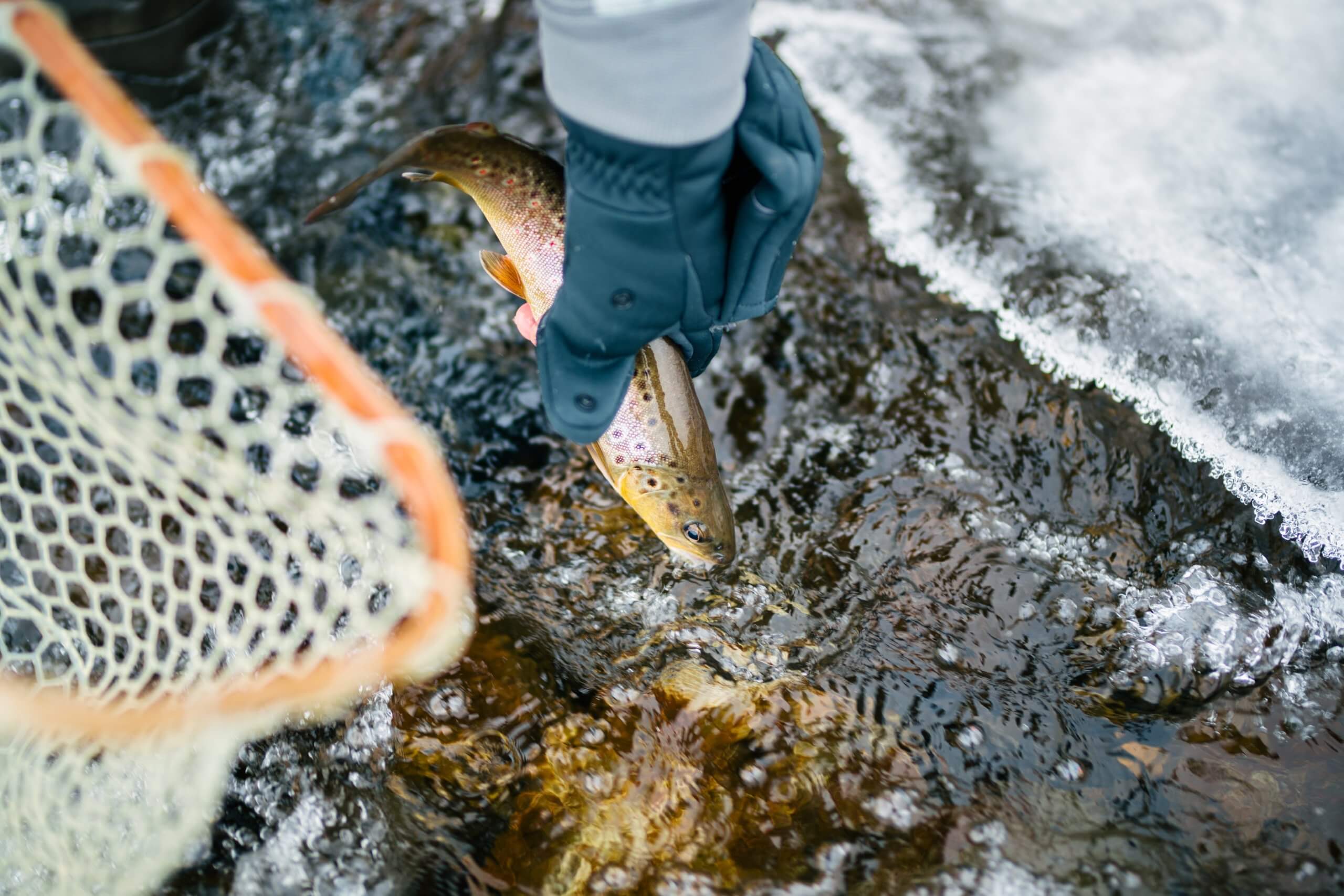
Seasons: Some species have closed seasons to allow for spawning and growth. Be sure to check the fishing season for the specific species you’re targeting.
Prohibited Methods: While fishing, there are regulations on the type of gear and bait you can use. Some water bodies might only allow fly-fishing, while others may restrict the use of certain baits.
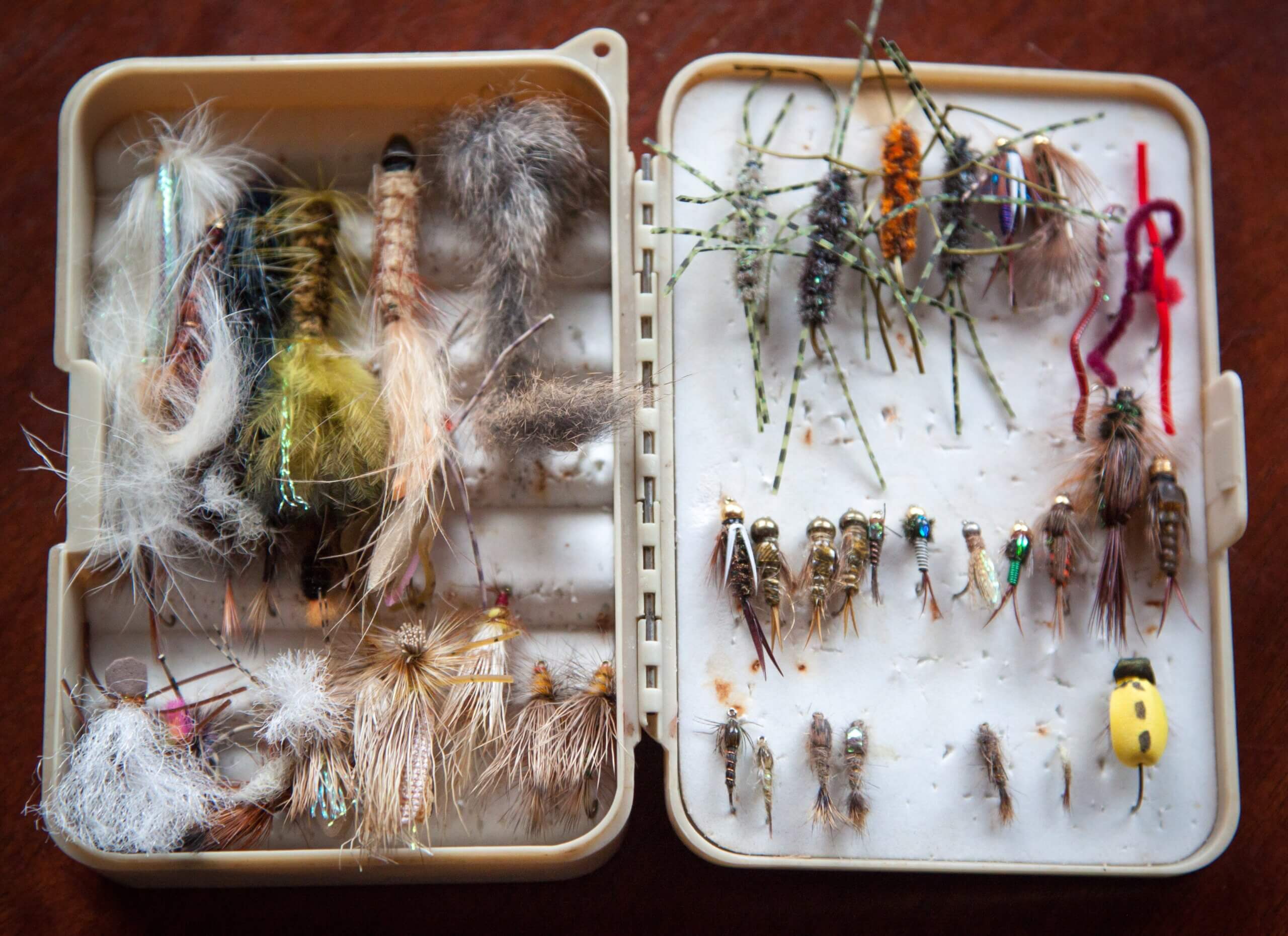
Special Waters: Some waters in Colorado are designated as ‘Gold Medal Waters,’ indicating that they offer exceptional angling opportunities for larger trout. These areas typically have stricter regulations to ensure the quality of fishing remains high. Check out the map of all of Colorado’s fishing areas and their specific regulations.

Before you embark on your Colorado fishing adventure, be sure to familiarize yourself with Colorado’s fishing rules and regulations brochure that outlines these specific regulations for each area.
Protecting Colorado’s Natural Beauty
Lastly, while enjoying the serene beauty of Colorado’s rivers, lakes, and streams, remember to follow the Leave No Trace principles. Carry out what you bring in, handle fish with care to ensure their survival upon release, and respect other anglers and nature enthusiasts.
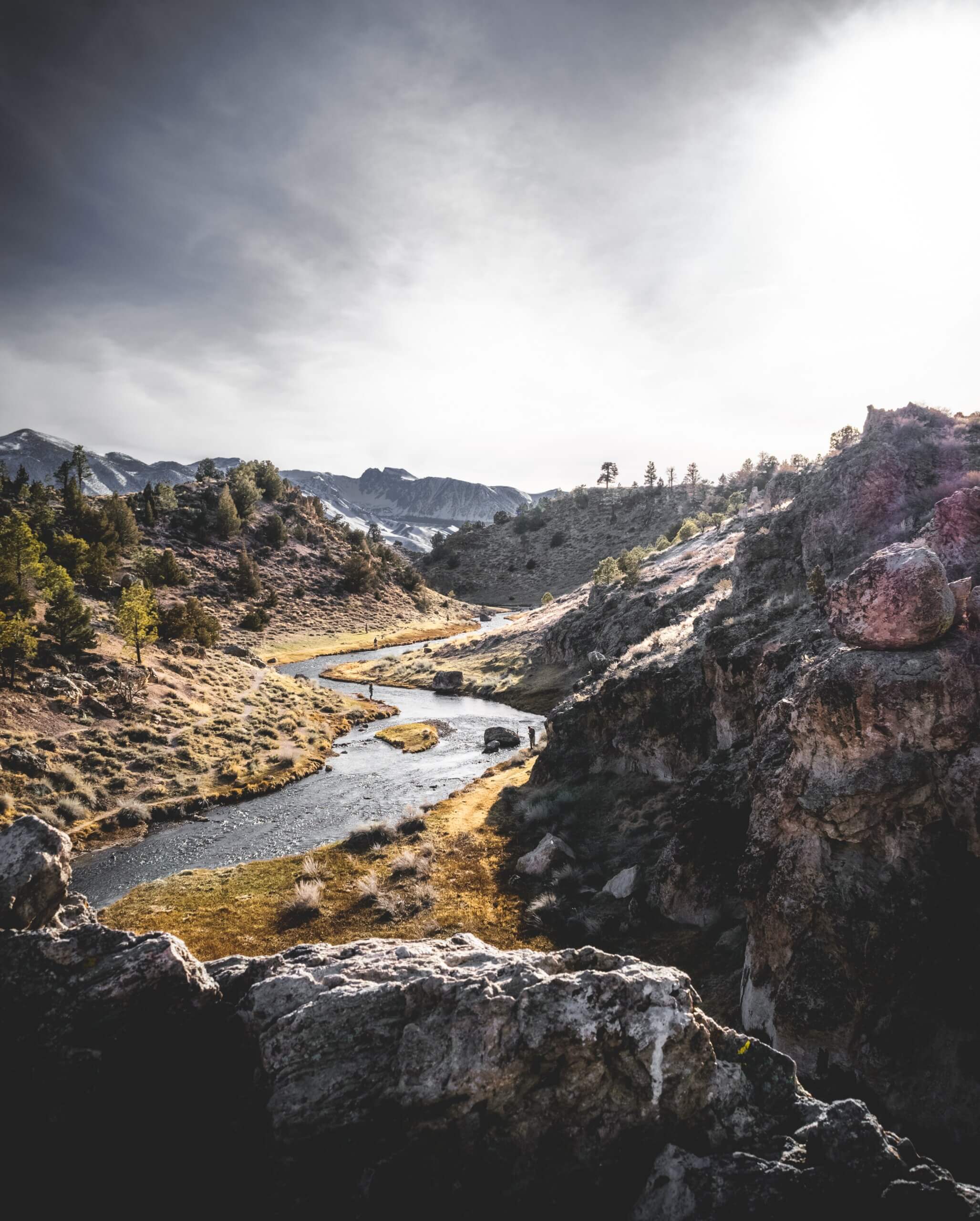
A guided fishing trip can be a great choice to learn about fishing locations, Gold Metal Waters, and the important practices of conservation and Leave No Trace when it comes to fishing, yet participants will still need to provide their own licenses.
Fishing in Colorado offers an unparalleled experience amidst nature’s best landscapes. Whether you’re a local or just visiting, it is essential to familiarize yourself with the licensing requirements and regulations. By doing so, you not only ensure a smooth fishing journey but also contribute to conserving Colorado’s rich aquatic habitats for future generations.

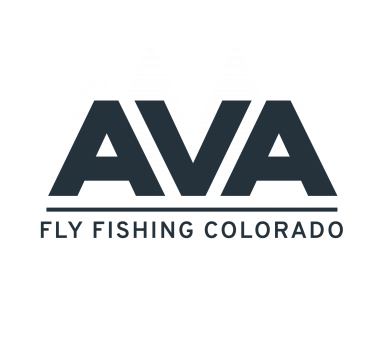

 TWITTER
TWITTER
